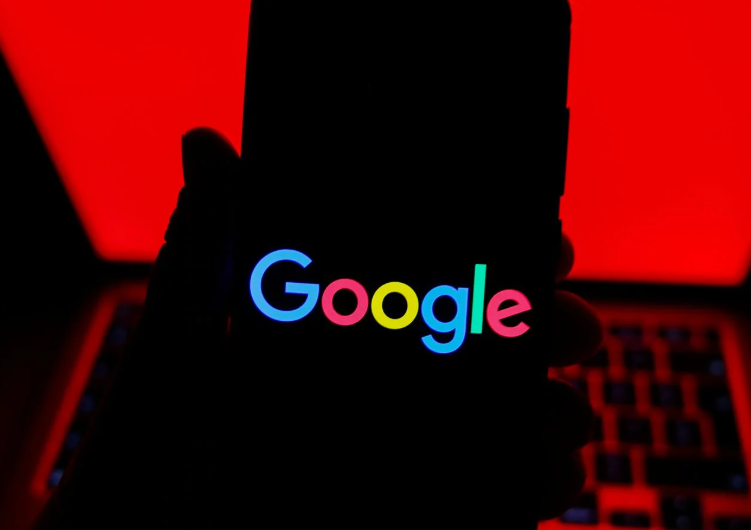Alphabet Inc. shares surged on Wednesday after a pivotal U.S. court decision alleviated concerns that the tech giant would face a forced breakup over alleged antitrust violations. The ruling marked a significant victory for the parent company of Google, reassuring investors that the core structure of one of the world’s most valuable technology firms would remain intact.
The U.S. District Court ruled that while Alphabet had engaged in certain anti-competitive practices, the government had not sufficiently proven that a structural breakup was necessary to restore competition. Instead, the court recommended targeted behavioral remedies to address concerns in the digital advertising market.
Alphabet’s stock jumped more than 6% in afternoon trading, adding over $100 billion to its market capitalization and lifting broader tech indices. Analysts interpreted the ruling as a clear sign that regulators may now lean more toward regulation than corporate dismemberment.
“This is a best-case scenario for Alphabet,” said Rachel Lin, a senior analyst at Equity Watch. “Investors had priced in a more aggressive outcome, possibly a mandated separation of Google’s search and advertising businesses. Today’s ruling removes that immediate overhang.”
The Department of Justice had originally filed the suit in 2023, accusing Alphabet of abusing its dominant position in search and digital advertising to stifle competition and lock in market power. While the court acknowledged the company’s dominance, it stopped short of prescribing the structural remedies sought by regulators.
In a statement, Alphabet said it was “pleased with the court’s decision and remains committed to fair competition and innovation in every market we serve.”
Regulators, however, signaled they are not done. “While we respect the court’s decision, we continue to believe strong action is necessary to ensure fair competition in digital markets,” the DOJ said in a brief response, hinting at the possibility of appeal.
Still, the ruling could set a precedent for how future Big Tech antitrust cases are handled in the U.S., signaling a judicial preference for moderation over radical restructuring.
source: reuters.com
